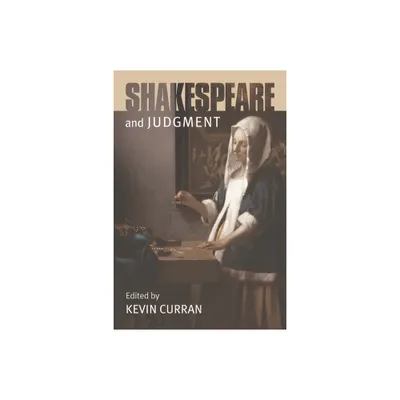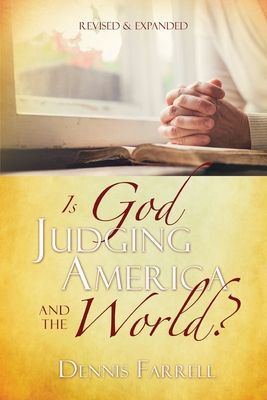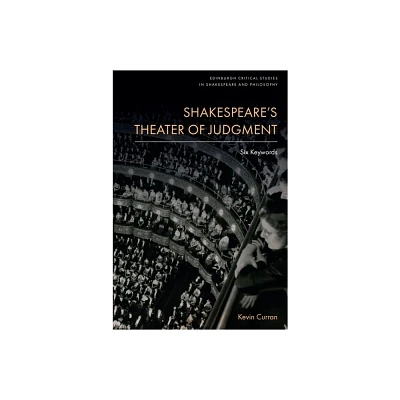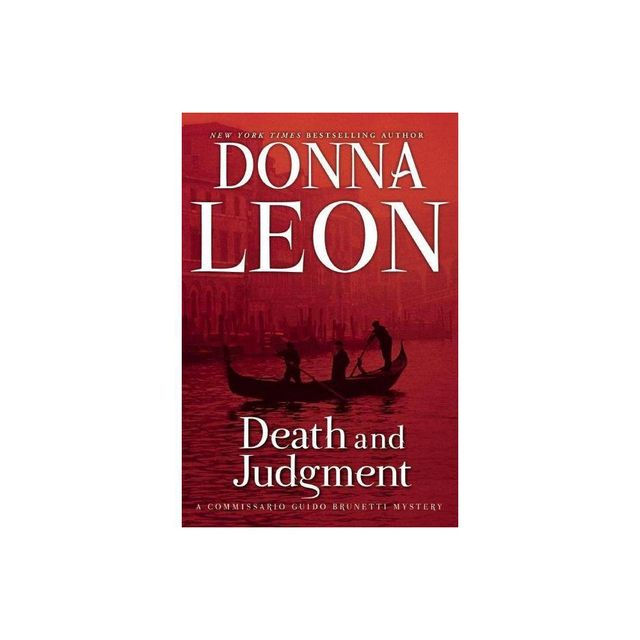Home
Shakespeare and the Mystery of God's Judgments
Loading Inventory...
Barnes and Noble
Shakespeare and the Mystery of God's Judgments
Current price: $26.95


Barnes and Noble
Shakespeare and the Mystery of God's Judgments
Current price: $26.95
Loading Inventory...
Size: OS
*Product Information may vary - to confirm product availability, pricing, and additional information please contact Barnes and Noble
Robert G. Hunter maintains that the impact of the Protestant Reformation on the Elizabethan mind was in great part responsible for the emergence of the outstanding tragedies of the age. Luther and Calvin caused men to ask how God can be just if man is not free, and Shakespeare’s greatest tragedies confront the vexing problems posed by these altered conceptions of man’s freedom of will and God’s providential control of natural circumstance.
Shakespeare’s audiences were not single-minded. He wrote for semi-Pelagians, Augustinians, Calvinists, and men and women who did not know what to think. Confl icting certainties, doubts, and uncertainties were his raw material, both within his mind and the minds of the audience. Hunter shows how Shakespeare uses the major attitudes toward God’s judgment in creating
Richard III
,
Hamlet
Othello
Macbeth
, and
King Lear
. He notes that Shakespeare’s different viewpoints are the heart of the tragedies themselves. Even after Shakespeare’s imaginative considerations of the mysteries, the tragedies seem to consistently provide questions rather than answers, and what they inspire in their beholders is more likely to be doubt than faith.
Shakespeare’s audiences were not single-minded. He wrote for semi-Pelagians, Augustinians, Calvinists, and men and women who did not know what to think. Confl icting certainties, doubts, and uncertainties were his raw material, both within his mind and the minds of the audience. Hunter shows how Shakespeare uses the major attitudes toward God’s judgment in creating
Richard III
,
Hamlet
Othello
Macbeth
, and
King Lear
. He notes that Shakespeare’s different viewpoints are the heart of the tragedies themselves. Even after Shakespeare’s imaginative considerations of the mysteries, the tragedies seem to consistently provide questions rather than answers, and what they inspire in their beholders is more likely to be doubt than faith.


















